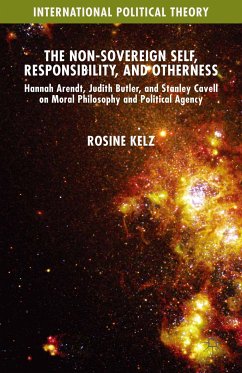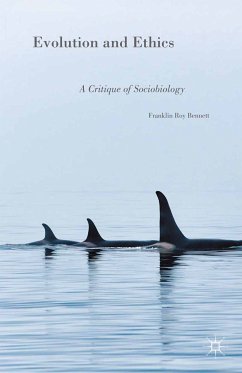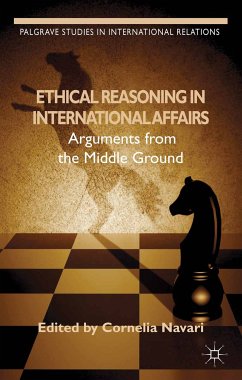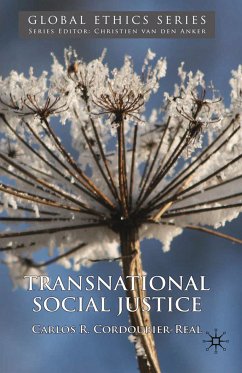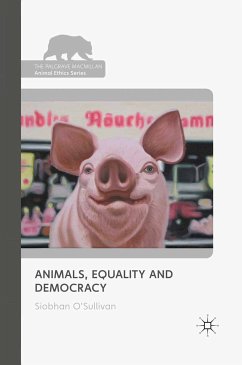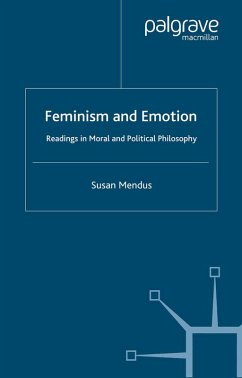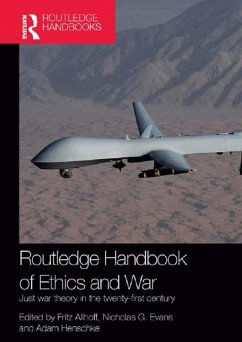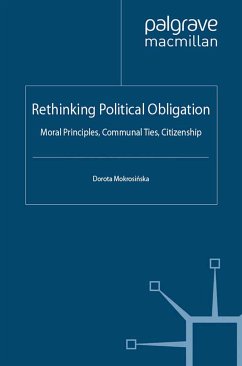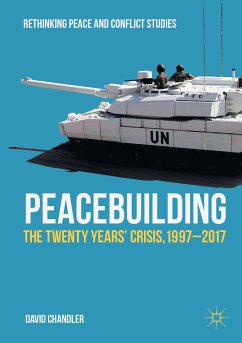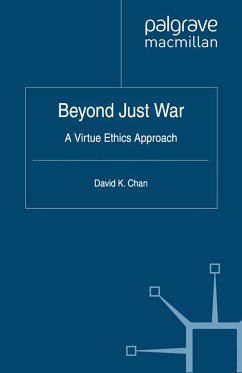
Beyond Just War (eBook, PDF)
A Virtue Ethics Approach
Versandkostenfrei!
Sofort per Download lieferbar
40,95 €
inkl. MwSt.
Weitere Ausgaben:

PAYBACK Punkte
20 °P sammeln!
Unlike most books on the ethics of war, this book rejects the 'just war' tradition, proposing a virtue ethics of war to take its place. Like torture, war cannot be justified. It answers the question: 'If war is a very great evil, would a leader with courage, justice, compassion, and all the other moral virtues ever choose to fight a war?'
Dieser Download kann aus rechtlichen Gründen nur mit Rechnungsadresse in A, B, BG, CY, CZ, D, DK, EW, E, FIN, F, GR, HR, H, IRL, I, LT, L, LR, M, NL, PL, P, R, S, SLO, SK ausgeliefert werden.



